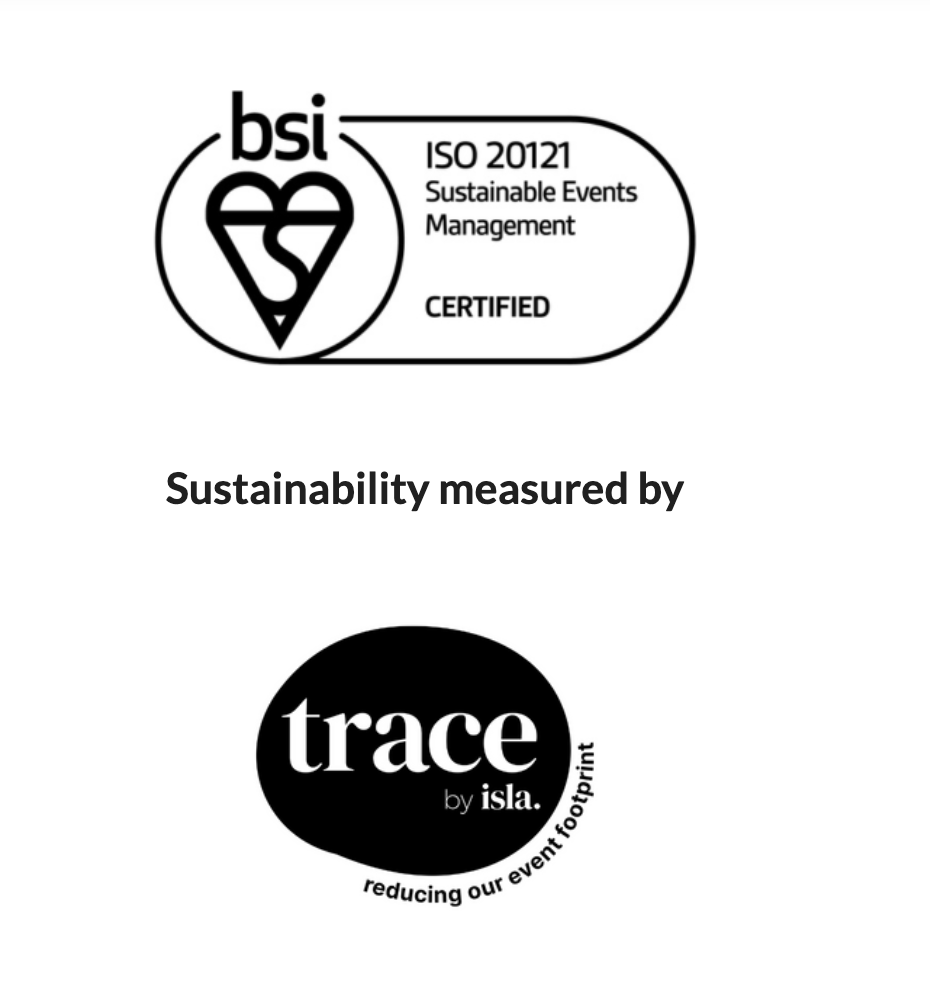The conference is working towards limiting its impact on the environment through careful consumption of energy and resources. This includes, among others, electronically circulating meeting materials, not producing unnecessary conference materials and choosing environmentally-friendly and socially-friendly products, as well as providing healthy food and hosting meetings and social events in central locations.
We will be measuring the outputs of our Annual Conference year on year, with the aim to produce a plan to improve the environmental impact of the event in the coming years. We will primarily be looking to understand the environmental impact of our Annual Conference through measuring both the venue emissions and waste. We will also be recording the emissions from speakers, staff, delegates and suppliers travel, accommodation, food and beverages, and online participation, which we first started doing at our 2024 conference.
